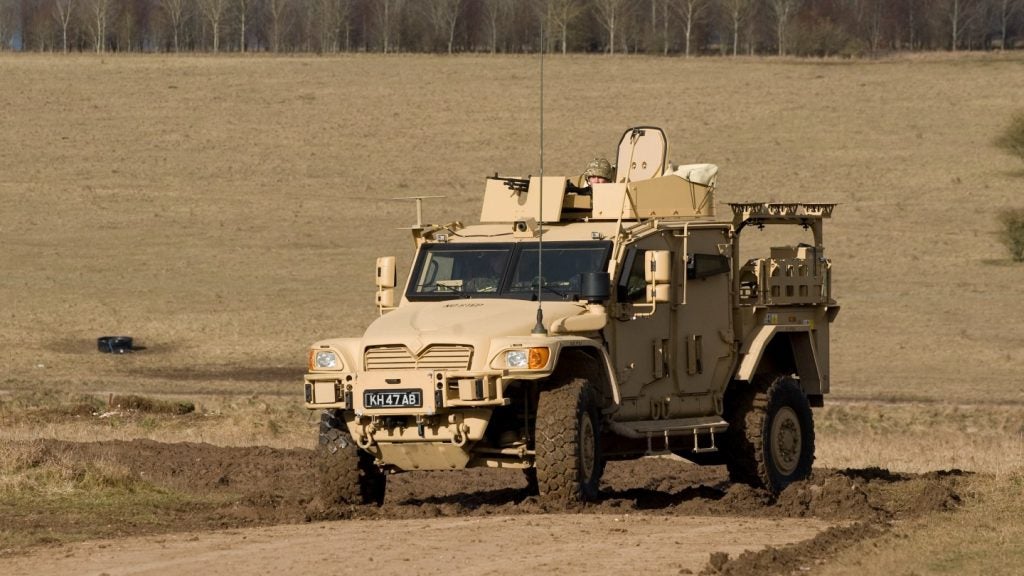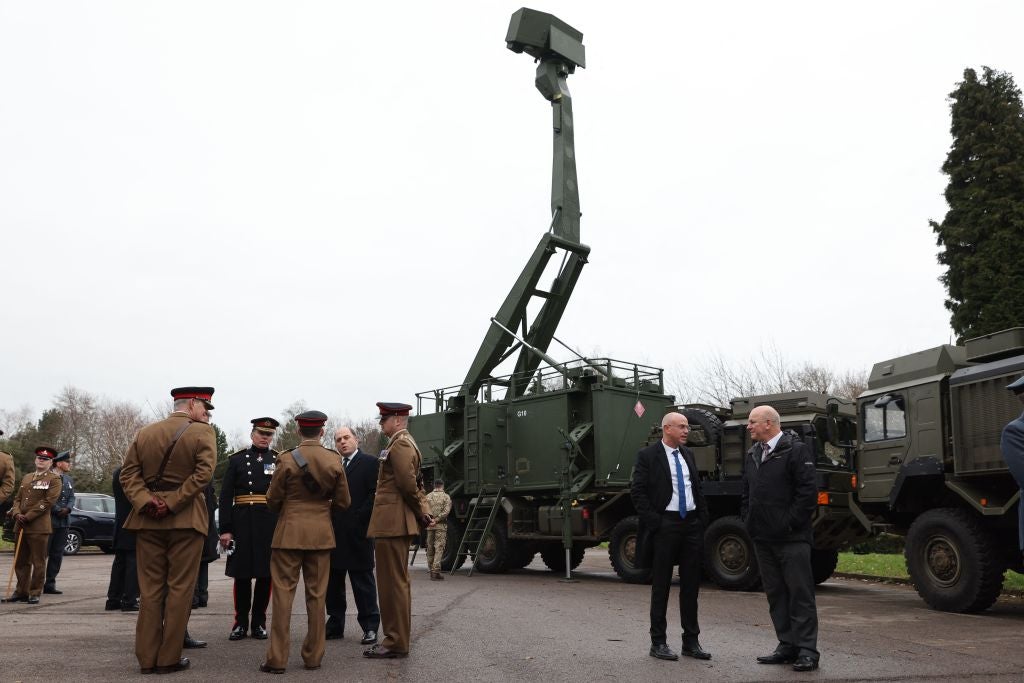BAE Systems has unveiled its ultra-small MicroGRAM-M global positioning system (GPS) receiver for armed forces.
MicroGRAM-M is compatible with M-Code military GPS signals that are resistant to jamming and spoofing. The armed forces can use this GPS receiver to add positioning, navigation, and timing (PNT) capabilities in size-constrained and other micro-applications.
The device is about the size of a postage stamp but has the same physical dimensions as its predecessor to enable quick upgrades for existing applications.
BAE Systems Navigation and Sensor Systems director Greg Wild said: “We’re delivering reliable PNT where our customers need it – from soldiers’ handheld devices to small unmanned aerial vehicles.
“MicroGRAM-M provides our armed forces and allies with a low-SWAP M-Code GPS solution that’s resistant to adversaries’ disruption efforts in highly contested environments.”
According to the company, the device features rapid secure GPS signal acquisition, enhanced security and resiliency, anti-jamming and anti-spoofing capabilities. It also consumes less power compared to other such M-Code devices.
How well do you really know your competitors?
Access the most comprehensive Company Profiles on the market, powered by GlobalData. Save hours of research. Gain competitive edge.

Thank you!
Your download email will arrive shortly
Not ready to buy yet? Download a free sample
We are confident about the unique quality of our Company Profiles. However, we want you to make the most beneficial decision for your business, so we offer a free sample that you can download by submitting the below form
By GlobalDataBAE Systems Precision Strike & Sensing Solutions vice-president and general manager John Watkins said: “MicroGRAM-M is the latest BAE Systems M-Code military GPS product, joining MPETM-M and NavStrikeTM-M, which deliver enhanced awareness in highly contested environments and precision munitions guidance.
“Qualification of MicroGRAM-M is underway, with full-rate production expected in 2022.”
Earlier this month, BAE Systems signed a strategic business agreement to develop next-generation defence applications using Intel’s technology.
The agreement provides BAE Systems’ FAST Labs research and development (R&D) organisation with early access to select Intel technologies.







